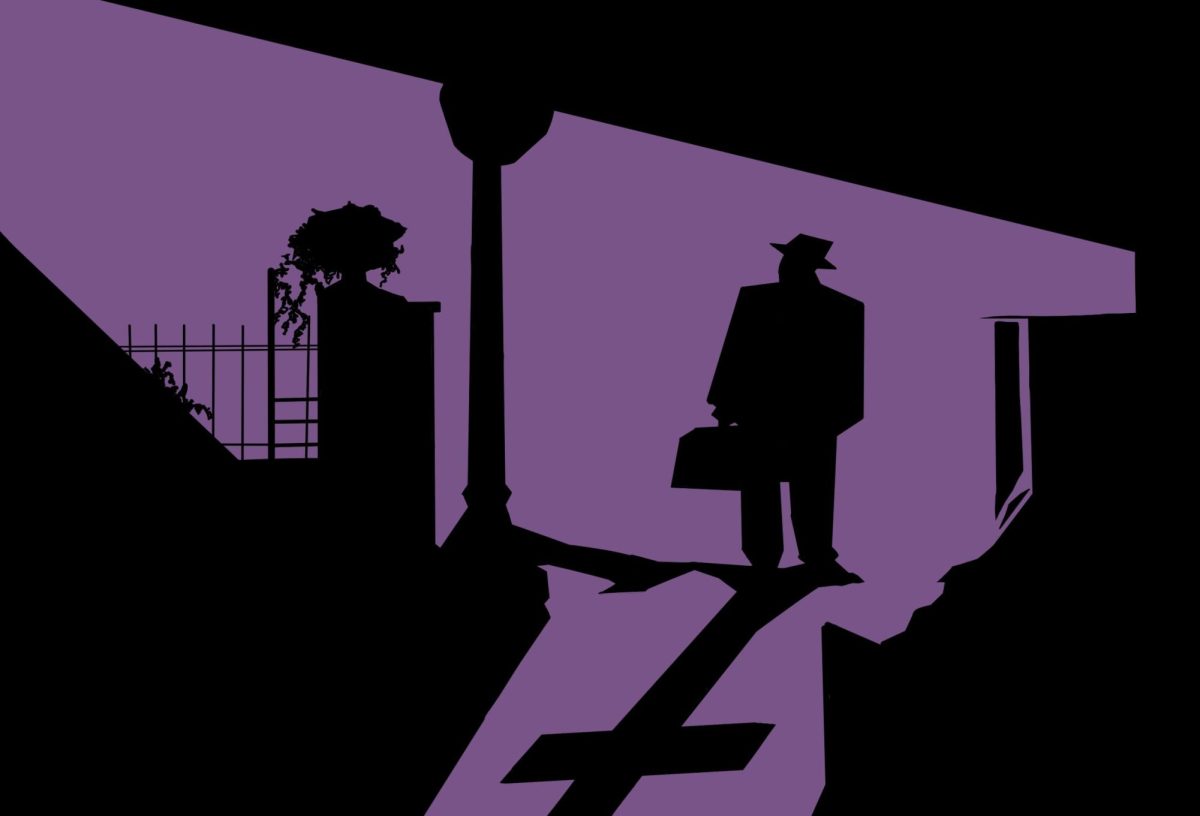
Spoiler Warning: This article will discuss spoilers about “The Exorcist: Believer.”
This past August, the famed director of “The French Connection,” “Sorcerer” and “The Exorcist,” William Friedkin, passed away at 87. Friedkin is considered an underrated director of the New Hollywood era, equally regarded as a genius and a madman. He was infamous for various extreme measures taken to preserve authenticity in his films; for example, in the famous car chase scene in “The French Connection,” the filmmaker slapped a camera on his car and drove on the wrong side of the road without a filming permit, and he fired a gun in the ears of an actor on the set of “The Exorcist.” Friedkin was a filmmaker who took risks, for better or for worse. He was a director who played by his own rules and let no one compromise his own rogue sensibilities.
A few months after his death, David Gordon Green, writer and director of the critically panned Halloween reboot trilogy, delivered “The Exorcist: Believer” to theater screens with a grotesque plop. In direct contrast to the boldness of Friedkin’s original film, “The Exorcist: Believer” is a soft-reboot completely empty of risks, excitement, originality or anything remotely entertaining. It is just another boring, watered-down version of a film that we all know and love that leaves you wondering what the point of any of it was.
The film follows two families whose daughters have been possessed. Yes, that is the big twist that makes this film worth existing. There are two possessed little girls now. Many of the plot beats of the first film are in this, except some go through bizarre minor changes that make you wonder — why change it in the first place? The question that pervades a viewing of the movie is “Why?” Why does this character know that? Why did they not just do this? Why did this movie even get made in the first place?
The boredom continues for about 50 minutes until the hilariously stupid third act kicks off. The big climax includes all the world’s religions teaming up like a superhero team to defeat the demons, possessing the two girls in one of the least visually interesting montages ever put in a studio horror film. This was the only scene that stuck out to me throughout the entire film, not because of its quality or emotional weight, but because it was such a baffling story choice that was laughable.
This goofy level of overblown exuberance is the antithesis of everything that made the original film a classic. The grounded struggles of Chris MacNeil and her possessed daughter, Regan, are completely gripping in their more reality-centered scenes and absolutely terrifying when that reality is shattered around the pragmatic mother. So when the two appear in this film, the latter having not spoken to her mother for a long time and the former being a hollow, mischaracterized version of her previous self, it only serves to remind the viewer that they could be watching a much better film. Chris MacNeil even delivers the worst line of dialogue in the entire film, and maybe of the entire year, where she laments that she did not watch her own daughter’s exorcism because of the patriarchy.
David Gordon Greene’s reimagining of the film lacks any of the grit, soul or guts that made the original such a lasting classic. It is a worthless contribution to a franchise known for its bizarre, and sometimes excellent, sequels.
Shortly before Friedkin’s death, he spoke to film critic Ed Whitfield about the upcoming reboot of his film. Friedkin, who will be eternally remembered as a man who did not mince words, has this to say: “The guy who made these new ‘Halloween’ movies is about to make one to my movie, ‘The Exorcist.’ That’s right, my signature film is about to be extended by the man who made ‘Pineapple Express.’ I don’t want to be around when that happens. But if there’s a spirit world, and I come back, I plan to possess David Gordon Green and make his life a living hell.”









Thomas • Dec 17, 2023 at 9:12 am
This is a very boring movie that doesn’t keep me interested in the characters or the plot line.